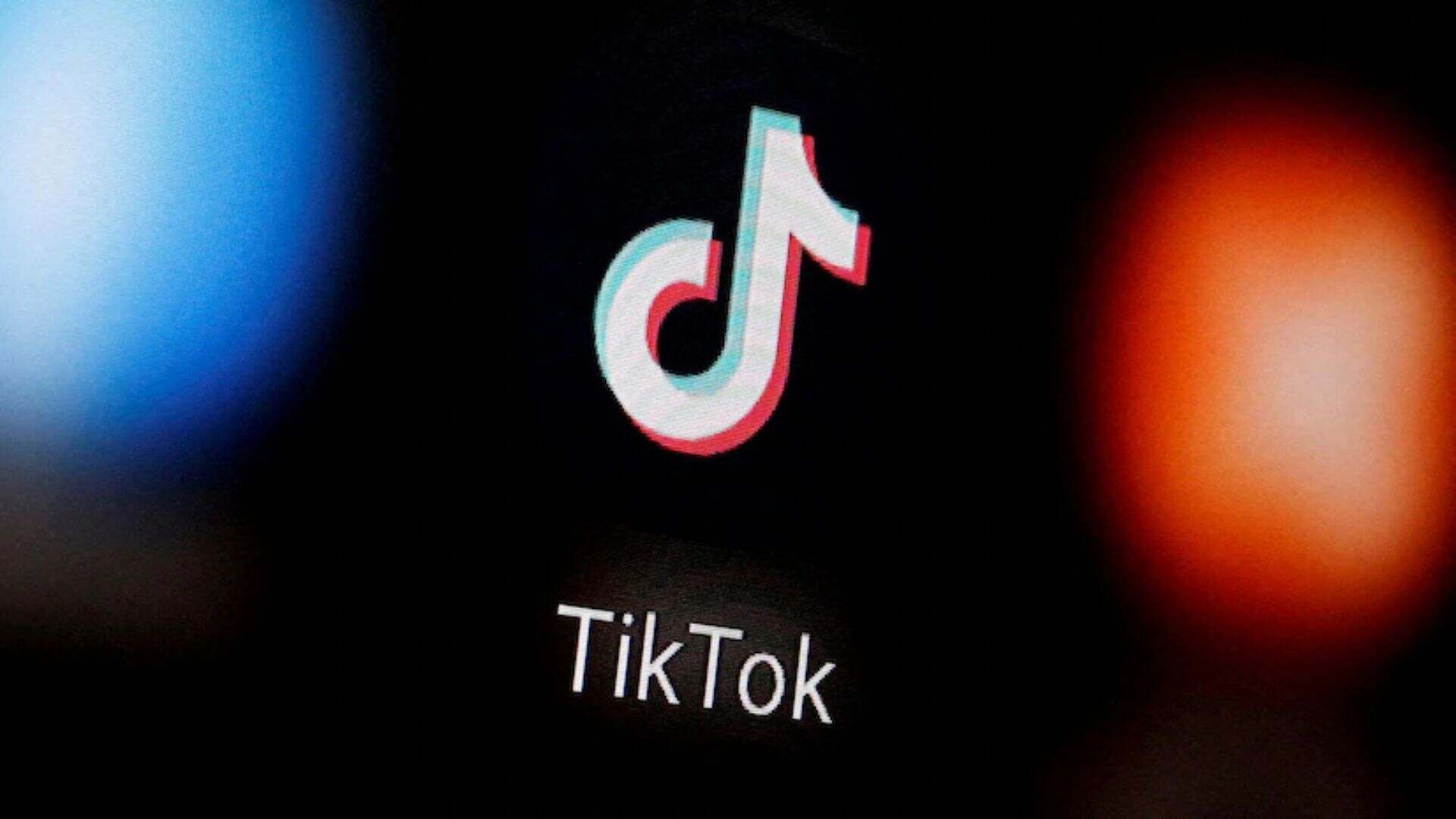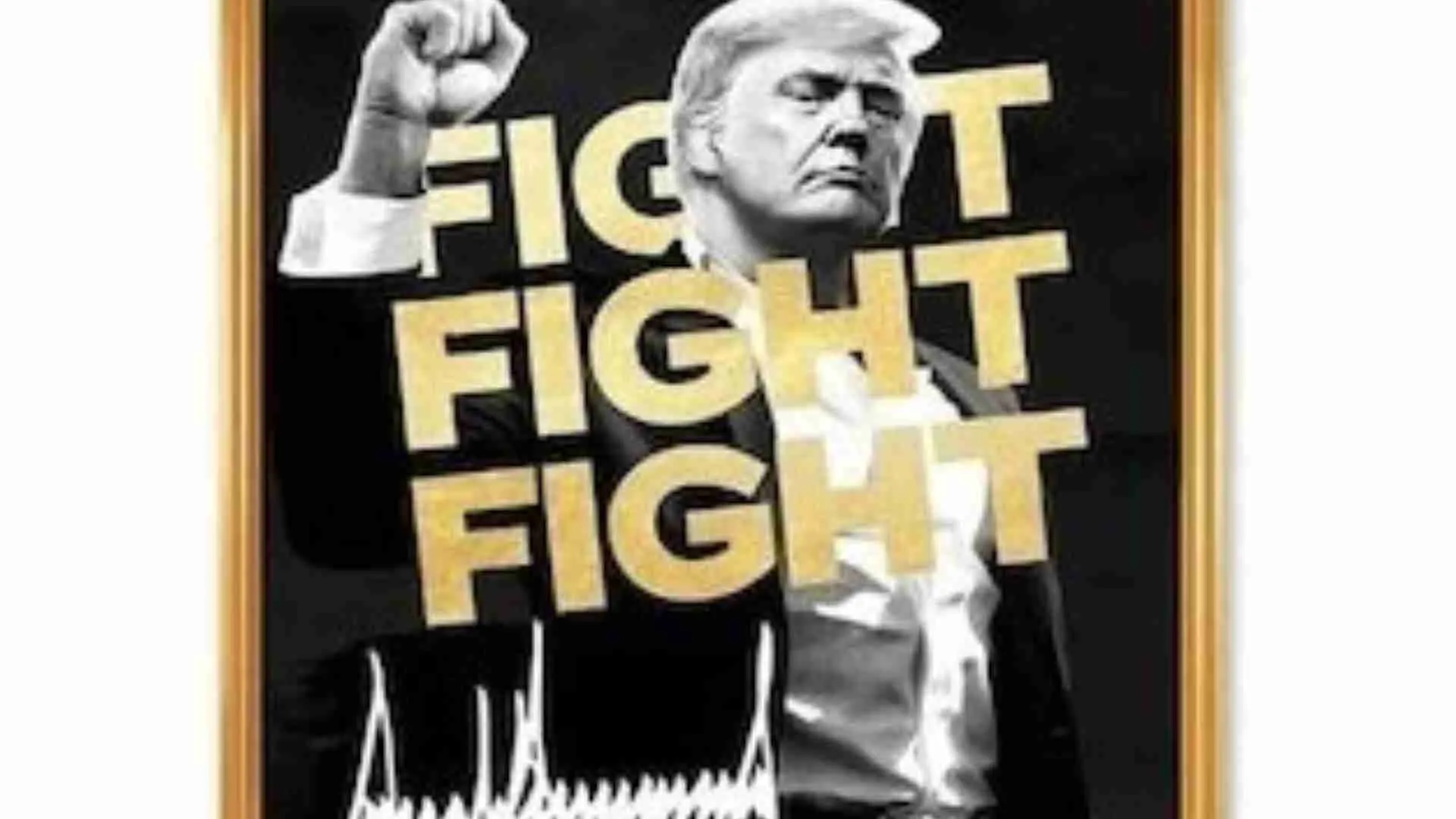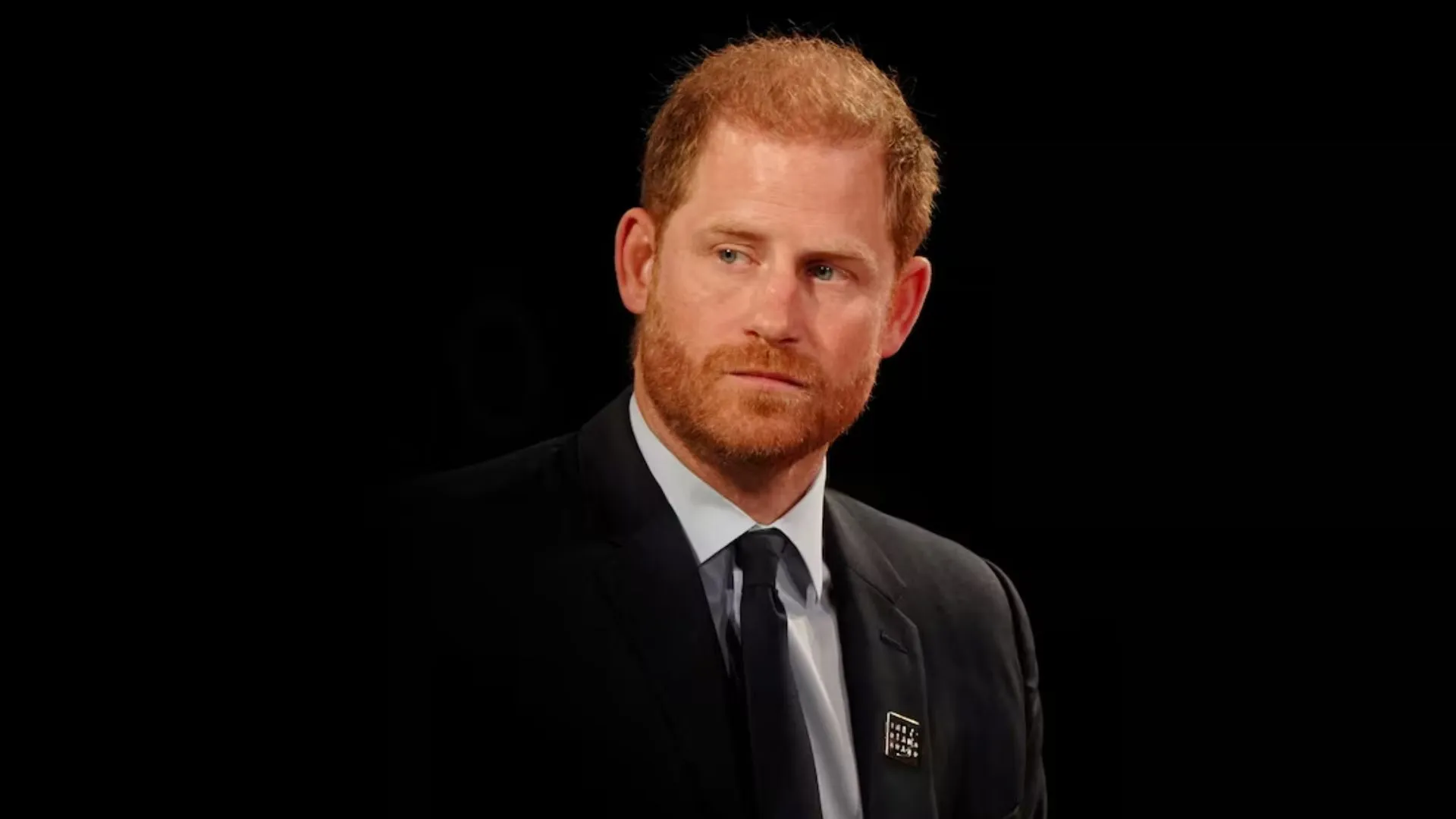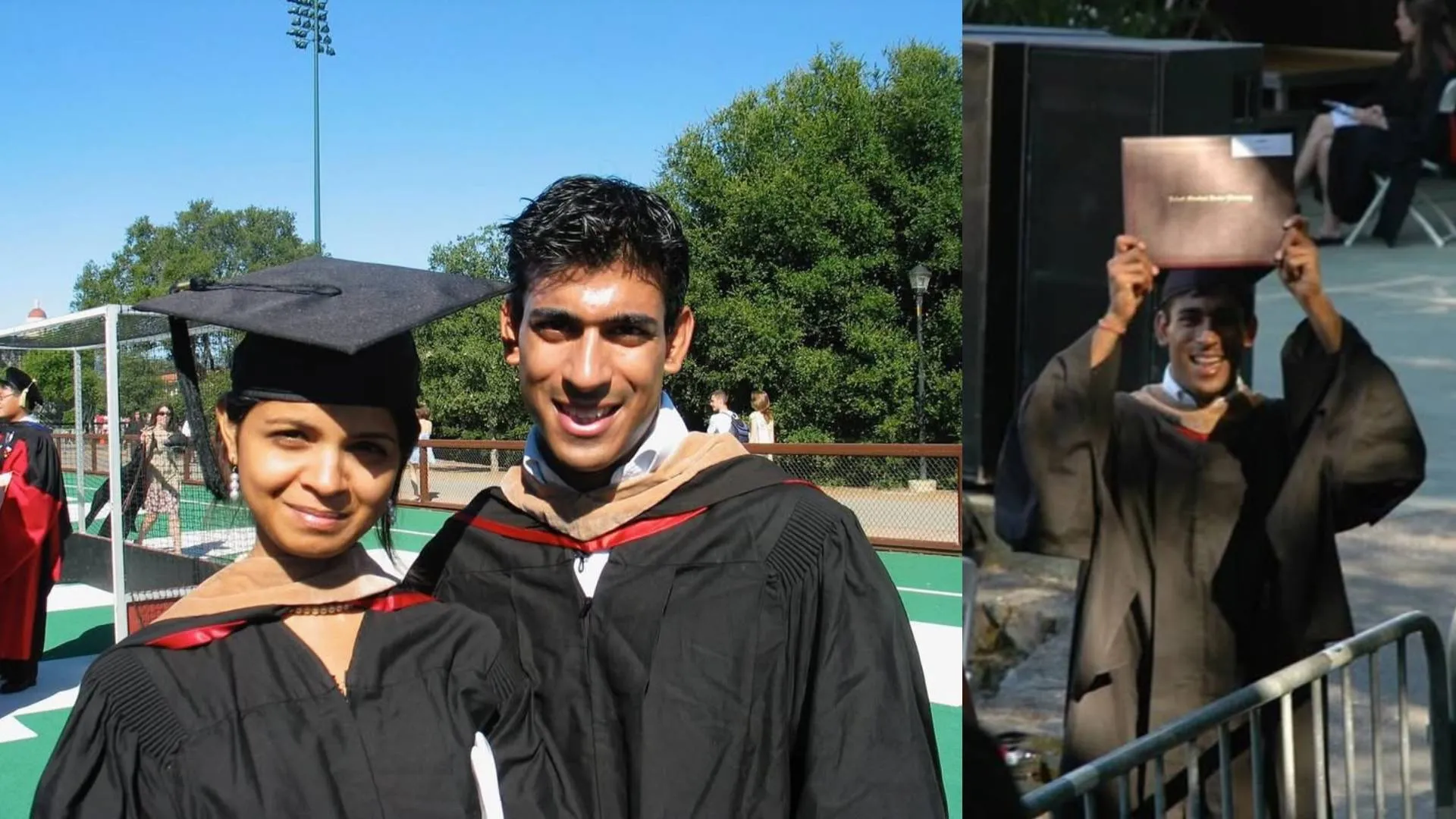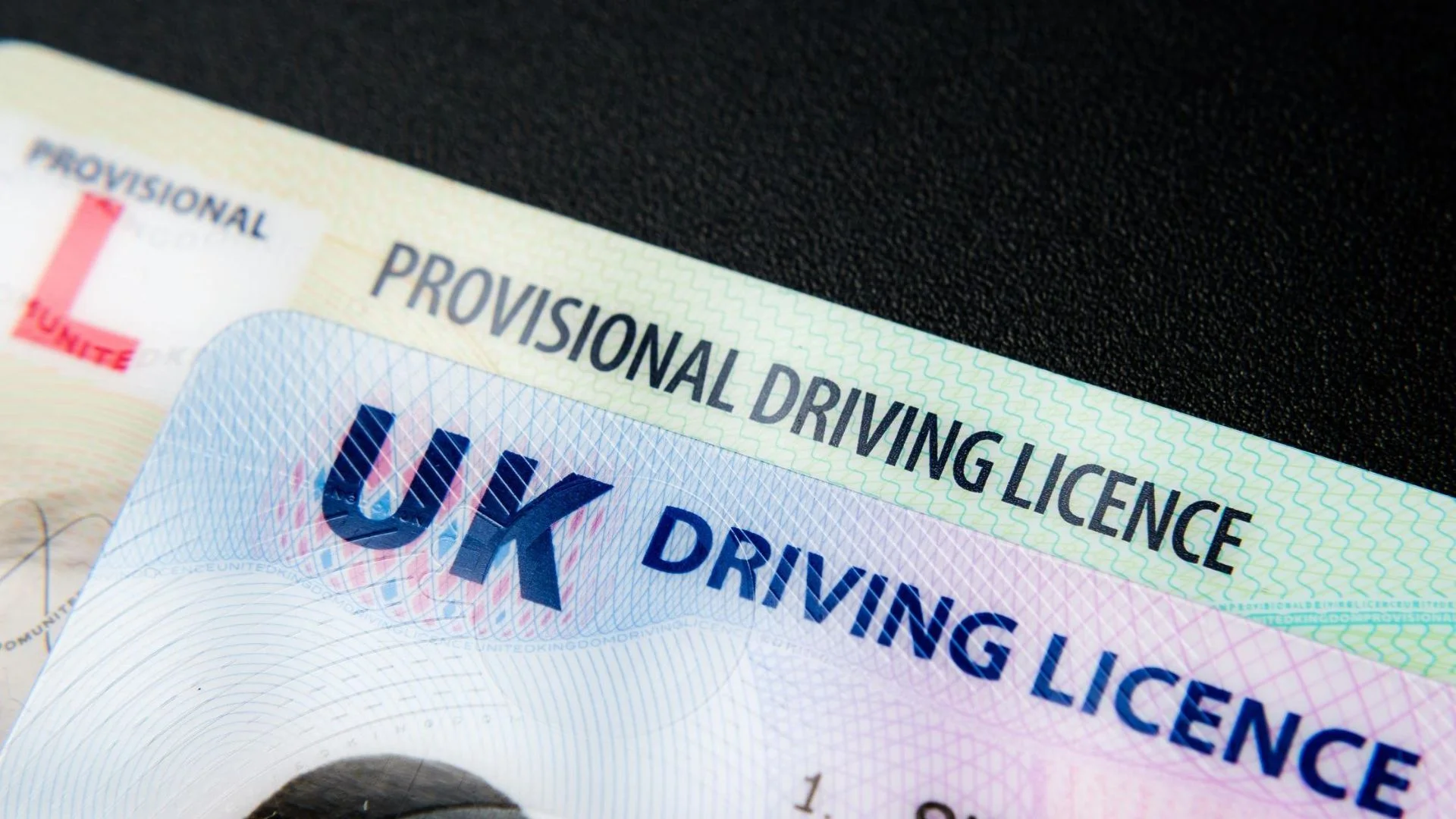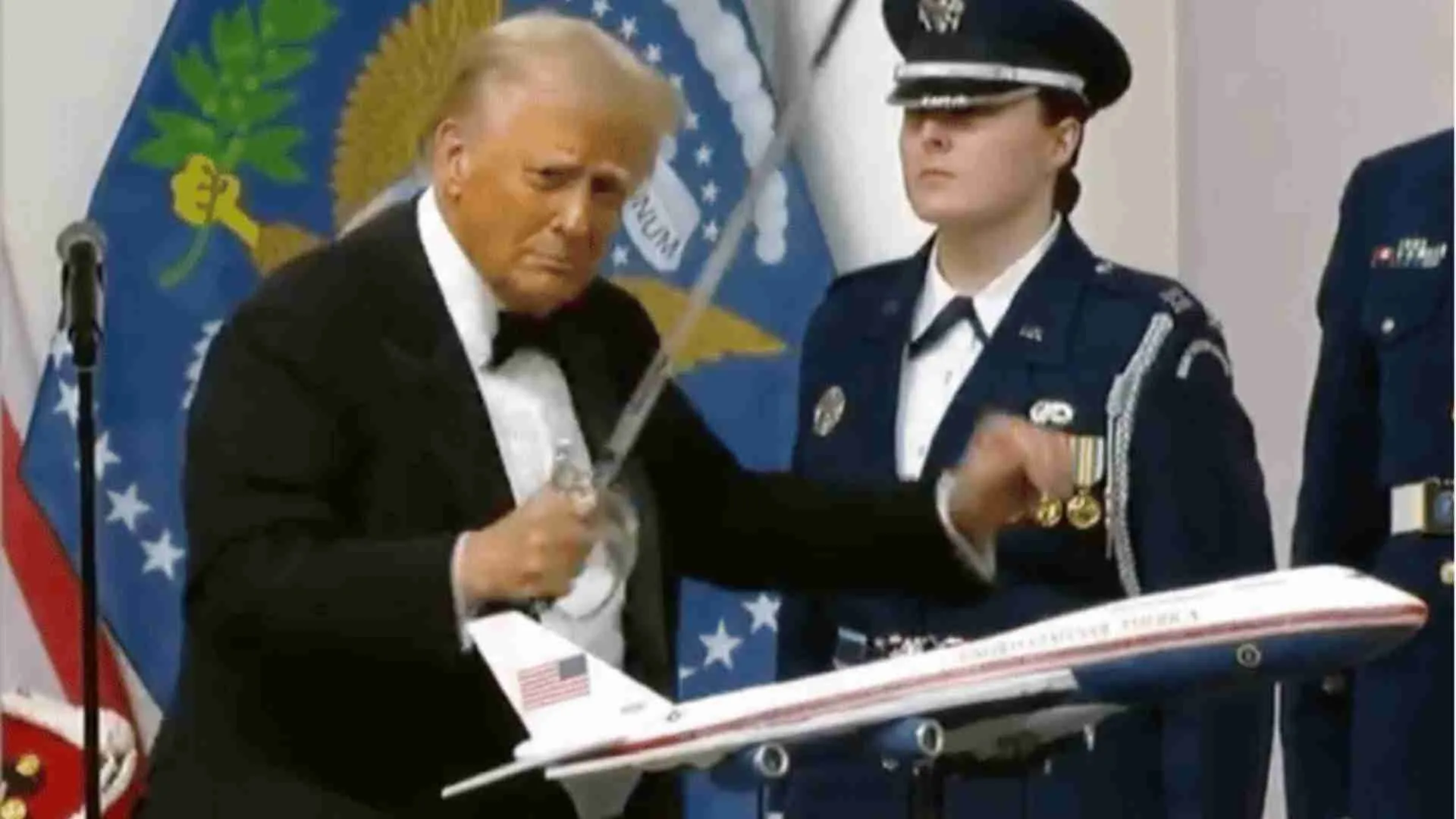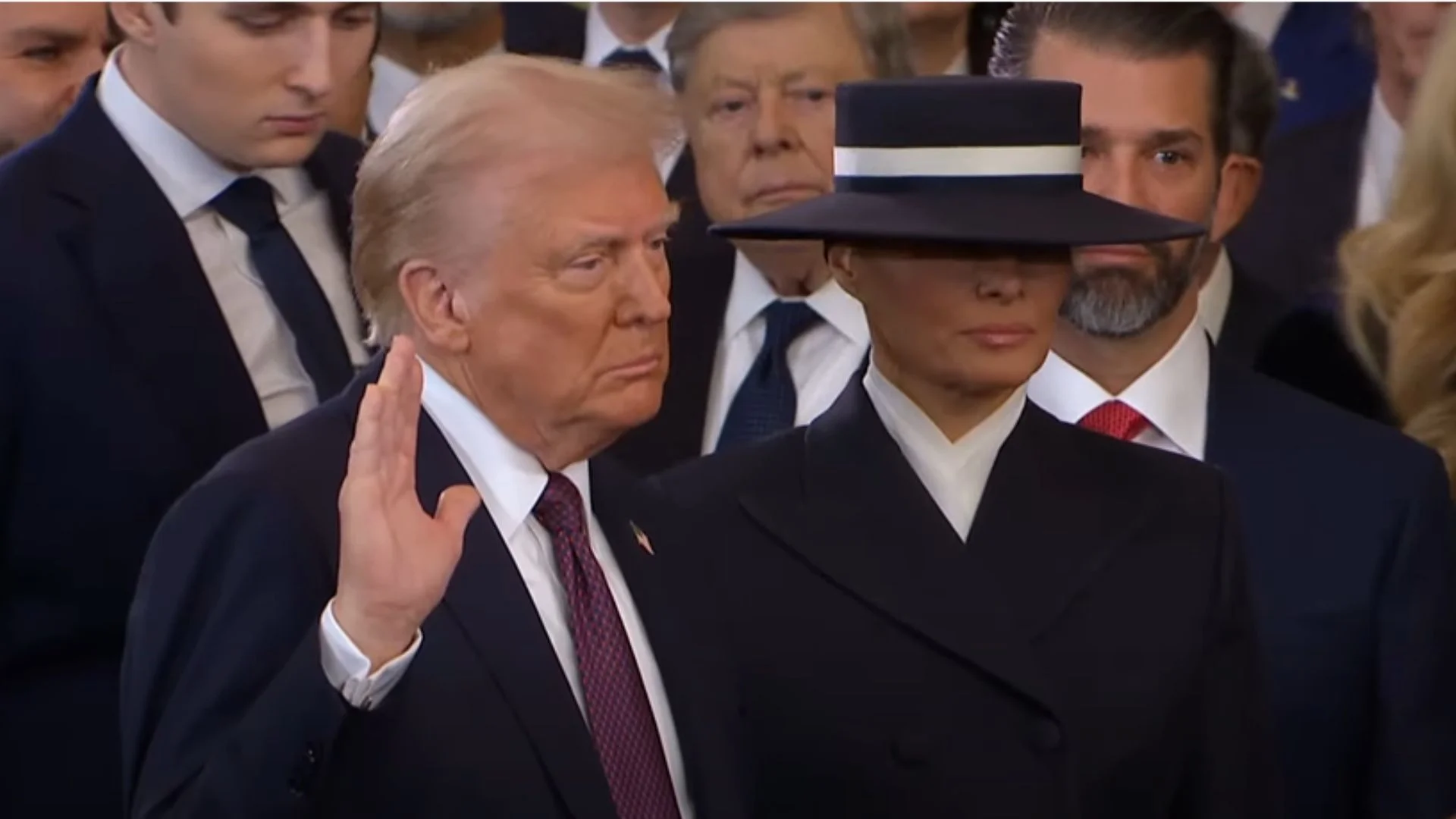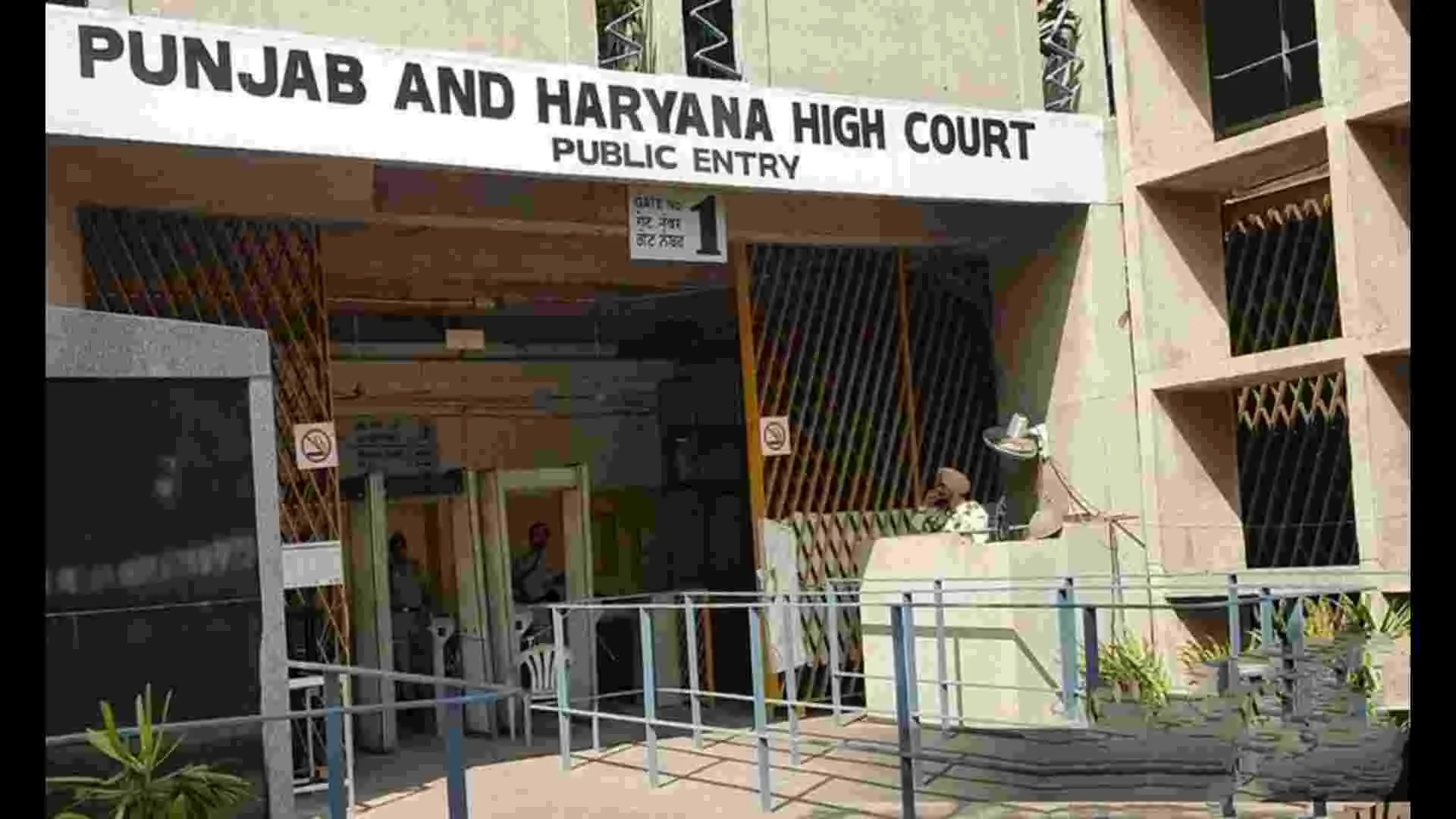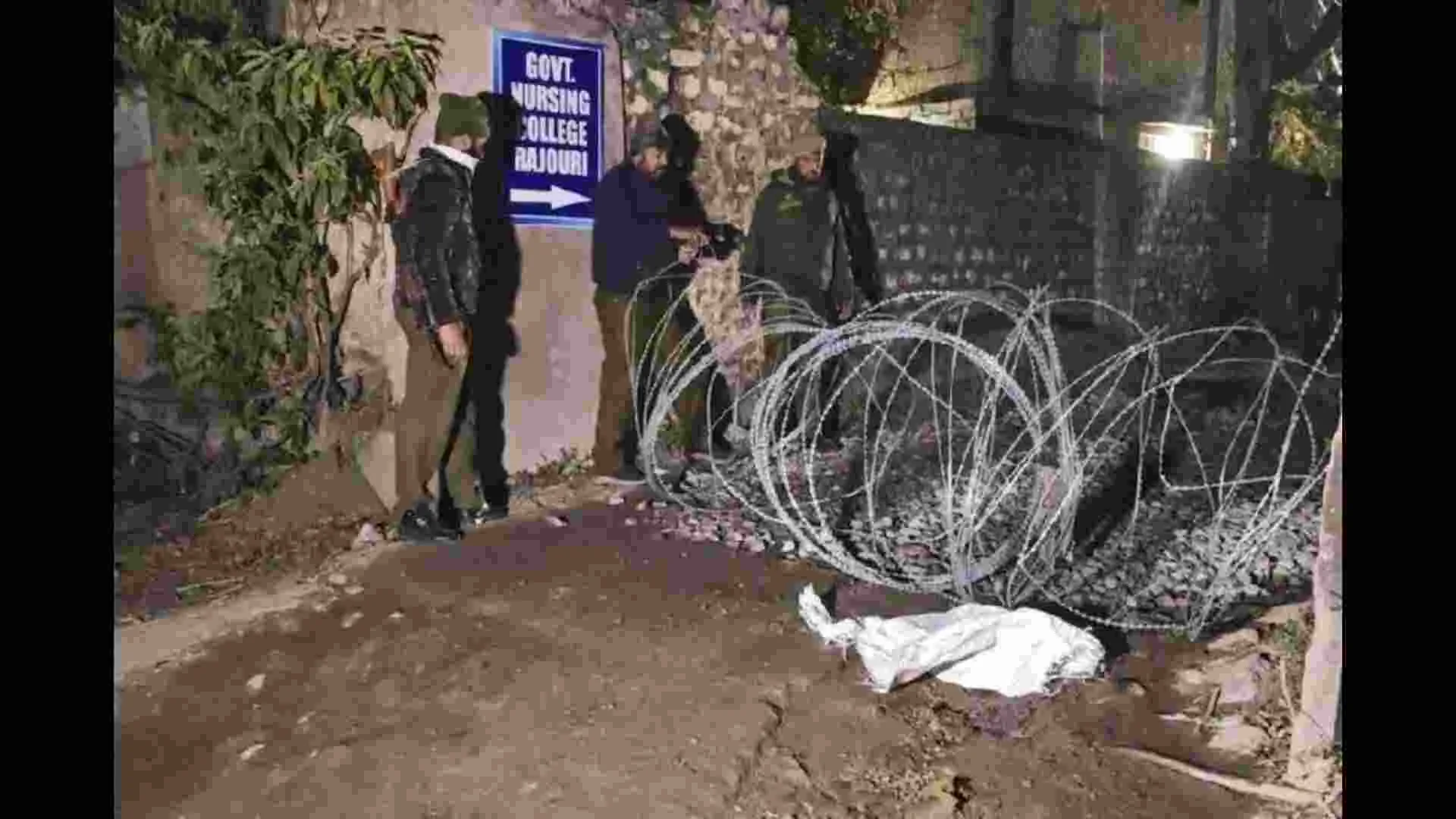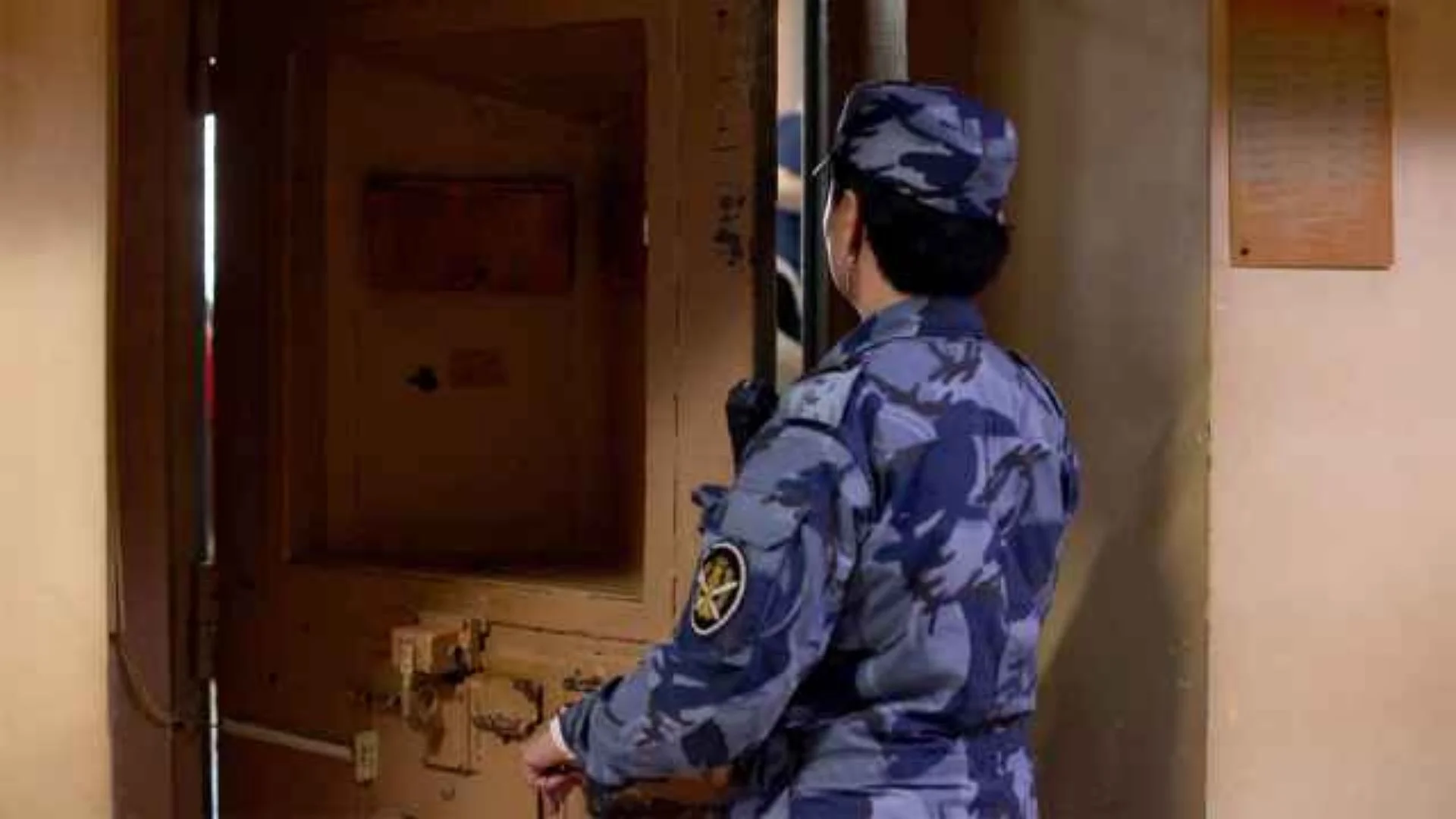TikTok and its Chinese parent company, ByteDance Ltd., have asked the US Supreme Court to block a government ban set to take effect next month, citing favorable comments about the platform from President-elect Donald Trump. TikTok and ByteDance are seeking to prevent the ban, which requires ByteDance to sell TikTok or face a shutdown in the US, from taking effect on January 19 — the day before Trump’s inauguration.
In their filing, the companies urged the court to put the law on hold by January 6 as the justices decide whether to hear their appeal. With more than 170 million US users, TikTok is making a final push to maintain its operations in the country.
Trump’s position could influence how the ban is enforced, as the Justice Department oversees the law’s implementation. As president, Trump would also have the authority to approve any divestment deal.
“There is a reasonable possibility that the new administration will pause enforcement of the act or otherwise seek to mitigate its most severe potential consequences,” TikTok argued.
The company further stated, “It would not be in the interest of anyone — not the parties, the public, or the courts — for the act’s ban on TikTok to take effect only for the new administration to halt its enforcement hours, days, or even weeks later.”
Must Read: “Country Fell Into The Hands Of Terrorism”: Ousted Syrian President Breaks Silence From Russia
Trump, who took a hard-line stance against TikTok during his presidency in 2020, said on Monday that he would consider reversing that approach.
“We’ll take a look at TikTok. You know, I have a warm spot in my heart for TikTok,” President-elect Donald Trump said at a press conference at Mar-a-Lago, attributing Republican gains with young voters to the platform. “TikTok had an impact, so we’re taking a look at it.”
The law does not require individuals to delete the TikTok app but instead prohibits companies that support the platform — including Oracle Corp., whose servers host TikTok — from continuing to provide critical services.
TikTok argues that Congress violated the Constitution’s First Amendment by singling out the company. However, the US Court of Appeals for the D.C. Circuit rejected that claim in a 3-0 decision, ruling that Congress acted to safeguard national security and user privacy.
“The First Amendment exists to protect free speech in the United States,” Judge Douglas Ginsburg wrote for the panel. “Here the government acted solely to protect that freedom from a foreign adversary nation and to limit that adversary’s ability to gather data on people in the United States.”
The appeals court later refused to temporarily block the law while the Supreme Court decides whether to step in.
TikTok told the Supreme Court that the law “will shutter one of America’s most popular speech platforms the day before a presidential inauguration.”
Must Read: Israel “Closer Than Ever” To Sealing Hostage Deal With Hamas: Report
A group of TikTok content creators also filed a request with the high court to halt the law’s enforcement.
Lawmakers argue that the legislation is necessary to prevent China from using TikTok to gather information on US citizens or spread propaganda. However, the US government did not present evidence in the case to prove that China had used the app to influence Americans or steal data.
TikTok’s popularity has surged in recent years as a platform for entertainment, news, and business-building. A Pew Research survey released in September found that approximately 17% of US adults regularly get news from TikTok, marking a fivefold increase since 2020.
The Supreme Court cases are TikTok v. Garland, 24A587, and Firebaugh v. Garland, 24A588.
Also Read: Canada Declares Funding For Border Security Amid Trump’s Tariff Threat

